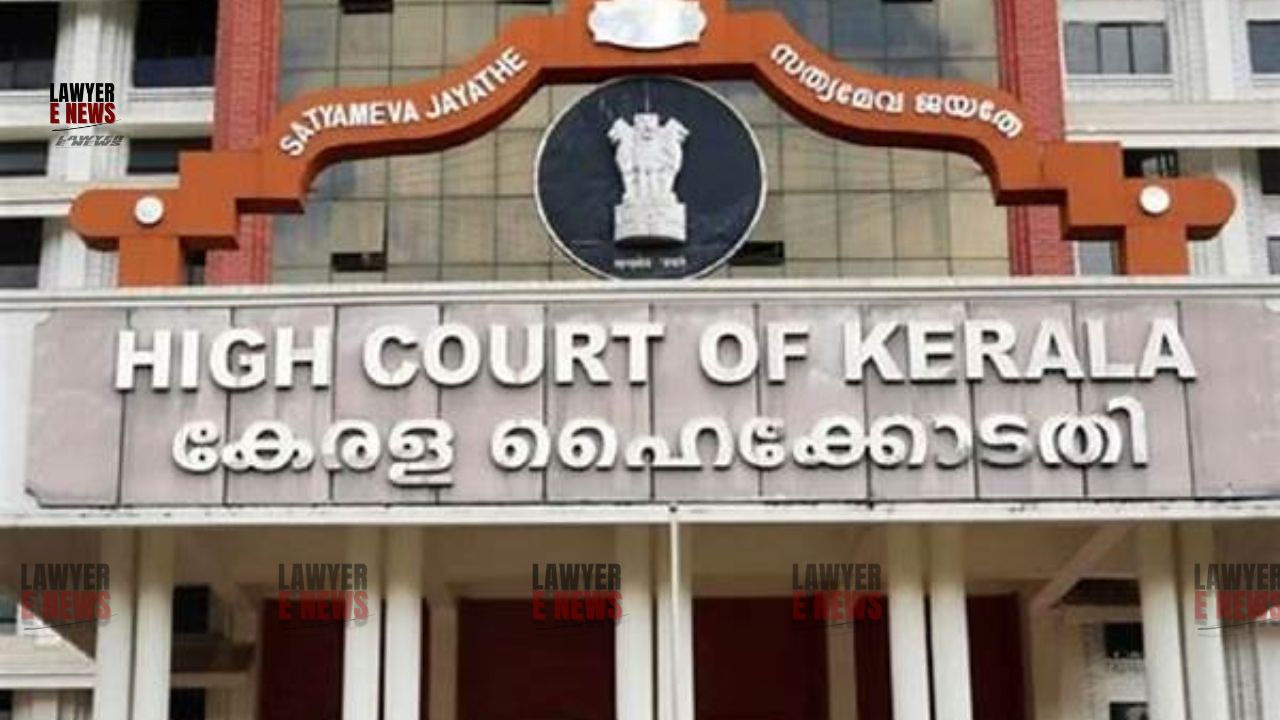-
by Admin
15 February 2026 5:35 AM



Kerala High Court, presided over by Justice A. Badharudeen, delivered a judgment in Ajith Jayasankar v. State of Kerala (CRL.MC No. 5999 of 2021), setting aside the charges framed by the Special Court under the POCSO Act in a case involving allegations of sexual offenses. The High Court directed the Special Court to reconsider the charges in light of the accused's claim of juvenility at the time of some alleged offenses, thereby mandating an inquiry into his age.
Ajith Jayasankar, the petitioner and accused, was charged with various offenses under Sections 354A(1)(i)(iv), 354D of the IPC, Section 7 read with Section 8, Section 11(i)(iv) and (v) read with Section 12 of the POCSO Act, and Section 66D of the Information Technology Act. The prosecution alleged that between 2013 and September 27, 2017, Jayasankar maintained a friendship with the complainant, made a fake Facebook account in her name, sent inappropriate messages and photos, and made derogatory remarks. The petitioner contended that he was a juvenile during part of the period in question, as his birth date was September 23, 1996. He argued that the acts allegedly committed before September 23, 2014, should be considered under the jurisdiction of the Juvenile Justice Board.
The primary legal issue was whether the accused was a juvenile at the time of the alleged offenses and if the Special Court erred in framing the charges without considering this fact. The court also had to determine the appropriateness of the charges based on the materials submitted.
Juvenility and Period of Offenses: The High Court examined the birth certificate provided by the petitioner, which showed that he turned 18 on September 23, 2014. It acknowledged the need to assess his age at the time of each alleged offense, especially those before he attained majority, to decide the appropriate jurisdiction (i.e., Juvenile Justice Board or regular court). The court emphasized the importance of evaluating juvenility as a matter of subtle importance and directed the Special Court to inquire into this aspect.
Framing of Charges: The court also delved into the legal standards for framing charges under Section 227 and 228 of the Cr.P.C. It cited several Supreme Court judgments, including Union of India v. Prafulla Kumar Samal, State of Gujarat v. Dilipsinh Kishorsinh Rao, and Vishnu Kumar Shukla v. State of Uttar Pradesh, to underscore that a prima facie case must exist for proceeding with the trial. It noted that the trial judge must apply judicial mind to determine if there is sufficient ground to proceed based on the charge-sheet material.
The Kerala High Court set aside the charge framed in Annexure A5 by the Special Court, specifically the part stating "on a day during the period in between the year 2013 and 27.09.2017." It directed the Special Court to reframe the charges after conducting an inquiry into the petitioner's juvenility. The court emphasized that the acts committed after the petitioner attained majority could still be prosecuted, but the period during his juvenility must be dealt with by the Juvenile Justice Board.
Justice A. Badharudeen stated, "Juvenility of the petitioner/accused before 23.09.2014 is a matter of subtle importance," underscoring the need to reassess the charges in light of this consideration.
The Kerala High Court's decision highlights the critical importance of assessing the age of an accused at the time of alleged offenses, particularly in cases involving the POCSO Act. By directing the Special Court to reframe the charges and consider the juvenility claim, the court underscores the need for judicial diligence in ensuring that charges are appropriately framed and that juveniles are treated according to the law.
Date of Decision: September 12, 2024
Ajith Jayasankar v. State of Kerala
